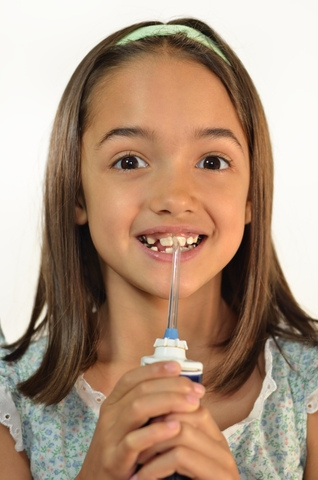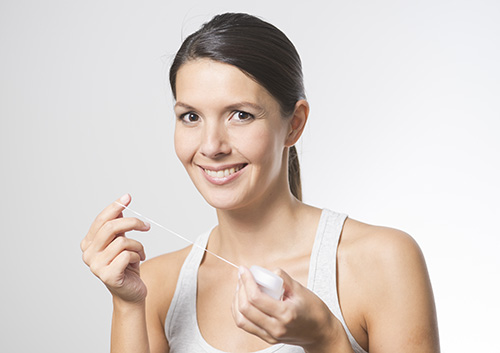Medication Can Lead To Xerostomia in Women
May 19th, 2021

Xerostomia, otherwise known as dry mouth, can be a side effect of many common medications. Drugs used for blood pressure, birth control, antidepressants, or cancer treatments may cause the dry mouth problems you’re experiencing. When you have dry mouth, you’re more likely to experience tooth decay and an increased risk of developing periodontal disease. Medication can sometimes be the cause of dry mouth in women, and lead to an increased amount of cavities.
You may not develop a cavity for years, but suddenly find more than one when you’re on medication for several months. This is due to there being less saliva in your mouth, which normally prevents bacteria from flourishing. When there is a lack of saliva flow, your mouth will be more likely to host tooth decay and be more prone to gum disease.
You may not notice it, but birth control can lead to inflammation of the gums and bleeding because of dry mouth. The condition can also emerge if you’ve undergone cancer treatments such as radiation, because your saliva glands may be damaged in the process.
Boosting saliva production is critical for treating xerostomia. Many over-the-counter saliva products are designed to help manage dry mouth. For women with severe cases of dry mouth and decay, we may recommend in-home fluoride treatments that offer extra enamel protection. This can come in the form of fluoride trays, prescription toothpaste, or a special fluoride rinse.
Other ways to relieve dry mouth include chewing sugar-free gum, limiting caffeine intake, avoiding mouthwashes that contain alcohol, sipping water regularly, using a humidifier at night, and stopping all tobacco use.
If you believe you may be experiencing symptoms of dry mouth, contact our Champlin, MN office to schedule an appointment with Doctors Bauer, Lawrenz, and Stark. It’s wise to take medications that have been prescribed by your doctor, but it’s also smart to watch for any side effects. If you think a medication is causing you to have dry mouth, let’s figure out how to manage your symptoms as a team!




 Website Powered by Sesame 24-7™
Website Powered by Sesame 24-7™